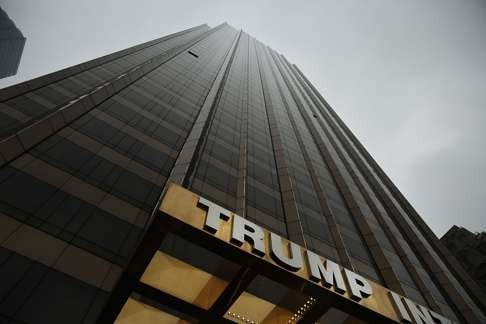Why China must take Donald Trump seriously
Arjun Sekri believes his threat of renegotiating trade deals with China, should he become the next US president, is no bluff


‘Donald Trump is very cute with a big mouth’: What do Chinese social media users make of the US primary dogfight?
Trump has trained his guns on the bullseye of the record US$366 billion surplus earned by China during 2015 in bilateral trade with the US, and has accused China of manipulating its currency to subsidise exports and of using unlawful tariff and non-tariff barriers to keep American companies out of China.
While the argument of Chinese currency devaluation holds less water today than it did in the past (given the renminbi’s 19 per cent appreciation against the US dollar over the past 10 years), most observers would agree that the Chinese market is less open to foreign products compared to the US market.

Donald Trump is no comic book hero, only a crude bully
Trump has stated that, on day 1, he would declare China a “currency manipulator” and threaten to impose 45 per cent countervailing duties on Chinese goods, to force China to start trade renegotiations. Trump would also ask China to uphold intellectual property laws and stop the “unfair and unlawful” practice of forcing US companies to share proprietary technology with Chinese competitors as a condition of entry to China’s market. Additionally, Trump wants to end China’s “illegal” subsidies for its manufacturers and exporters, which he says are in contravention of World Trade Organisation rules. Finally, Trump claims that China’s “woeful” and “lax” labour and environmental standards are another form of unacceptable export subsidy, and he will coerce China to increase these to international standards.

While many people like to dismiss Trump’s posturing and tough trade talk as moronic bluster from a nationalistic candidate, here’s why he has to be taken seriously: first, reducing the trade imbalance with China is a centrepiece of his election platform, and for him to sweep this issue under the rug after his election would represent a major capitulation of his campaign promises and his core beliefs. His entire raison d’être in running for president is that he is “really smart” and a “great negotiator” and will employ the sharpest business minds in the US to renegotiate unfair trade deals, which he believes have cost millions of American jobs.
